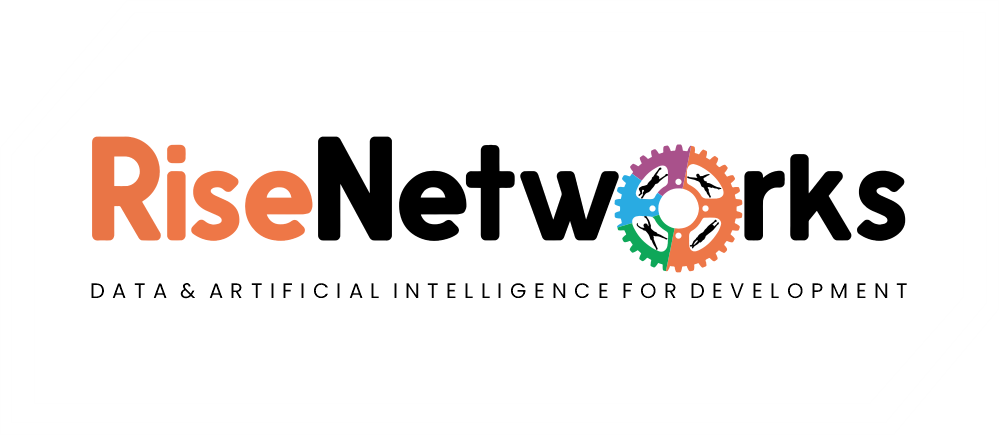The “Climate Patterns Prediction with Artificial Intelligence” project is an effort to harness the capabilities of artificial intelligence (Ai) to forecast climate patterns and trends using publicly available datasets. Climate change is a critical global challenge, impacting ecosystems, economies, and human well-being. This project aims to contribute to our understanding of climate dynamics and enhance our ability to predict future climate patterns.

Key Objectives:
1. Data Collection and Preparation: The project started by collecting publicly available climate data. This data went thorough cleaning, preprocessing, and feature engineering to ensure its suitability for Ai model training.
2. Model Selection and Training: Various Ai techniques, including machine learning algorithms and deep learning models, were employed to analyze historical climate data. These models were trained to recognize patterns and relationships within the data, allowing them to make predictions about future climate patterns.
3. Predictive Accuracy: One of the project’s central goals is to achieve high predictive accuracy. Evaluation metrics such as Mean Absolute Error (MAE), Root Mean Squared Error (RMSE), and correlation coefficients were used to assess the performance of the Ai models. Continuous refinement and optimization of models were carried out to improve accuracy.
4. Climate Impact Assessment: The project not only focuses on prediction but also explores the potential impacts of predicted climate patterns on various sectors, including agriculture, water resources, and energy. This analysis can help stakeholders make informed decisions and adapt to changing climate conditions.
5. Policy and Decision Support: The insights generated by this project can be instrumental in informing policy decisions related to climate change mitigation and adaptation. By providing accurate climate predictions, policymakers can formulate strategies to address climate-related challenges effectively.
The “Climate Patterns Prediction with Artificial Intelligence” project leverages publicly available climate datasets and cutting-edge Ai techniques to forecast climate patterns and assess their impacts. This endeavor not only contributes to our understanding of climate dynamics but can also empower decision-makers with valuable information to address the complex challenges posed by climate change. By emphasizing open access and collaboration, this project aims to be a catalyst for positive action in the face of climate uncertainty.

